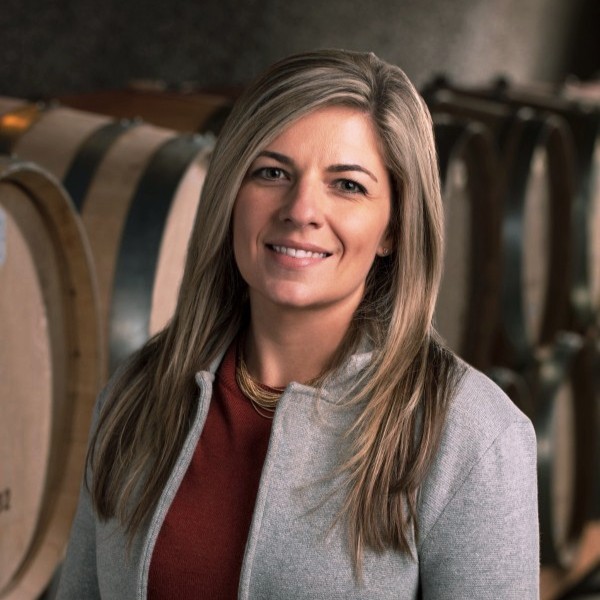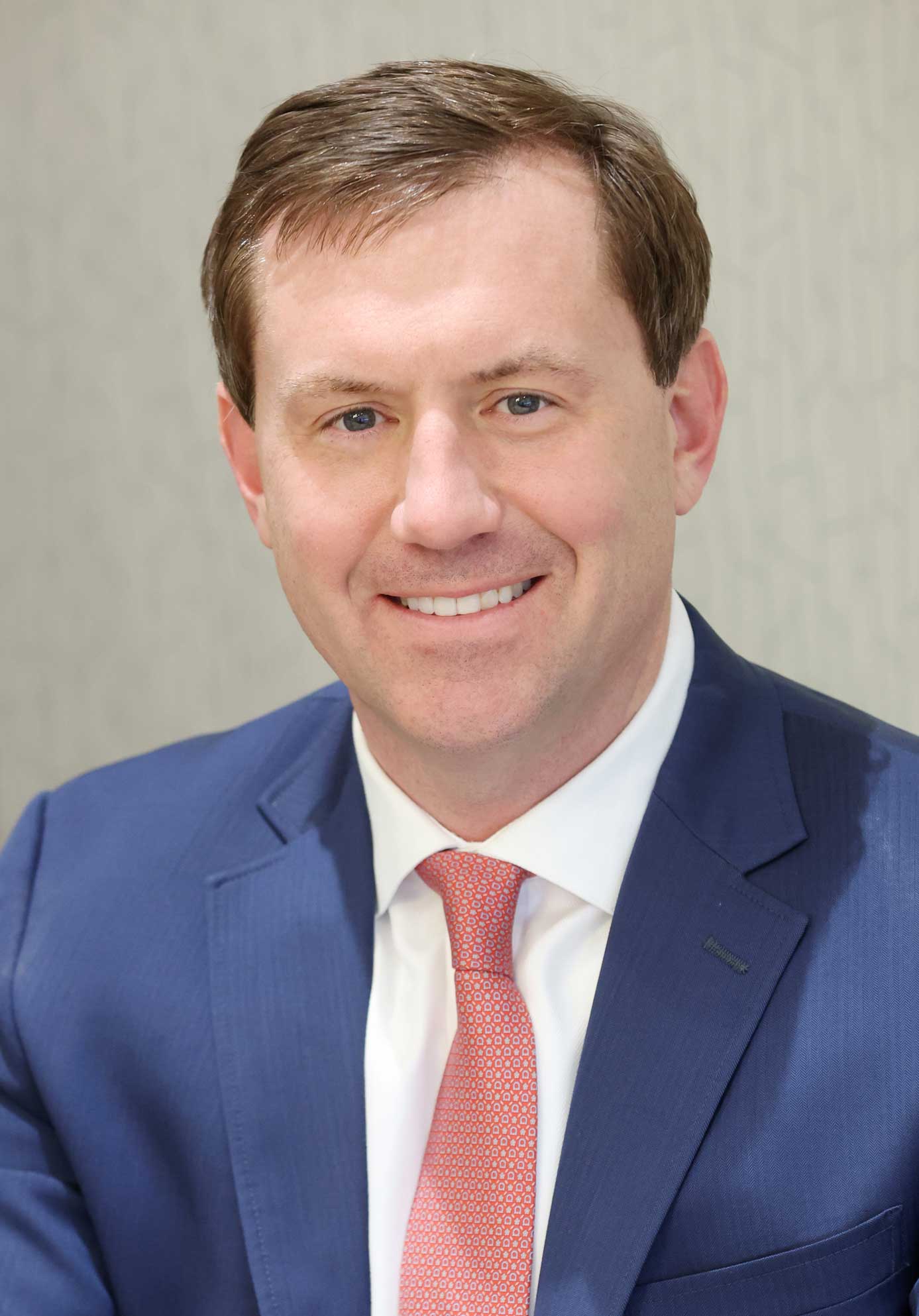- Lisa Park, CFO at Sunkist Growers & Fruit Growers Supply, 131-year-old citrus cooperative
- Kimberly Benson, CFO at Rack & Riddle, private equity-owned and #1 custom sparkling wine producer in the US
- John Mickelson, Managing Partner at Midwest Growth Partners, a private equity firm with over 20 portfolio companies involved in the food & agriculture industries
Job Descriptions and Scoring Systems
Interview Participant Selection
- The hiring manager will assess technical FP&A skills
- A senior member of the IT department will assess their understanding of automation and reporting tools, ERP systems and integrations, etc.
- A senior member of the Human Resources department will assess leadership and team management skills
- A senior member of the Strategy department will assess candidates’ ability to evaluate the business impact of decisions and align with the company’s strategic objectives
Personality Assessments
Personality assessments are most effective when used to structure questions around intangible qualities or traits. These assessments can be used to provide insights into how candidates are likely to behave in various work situations, and therefore how they might complement the existing team and culture.
Benson’s assessment of choice is the Predictive Index Behavioral Assessment, which measures an individual’s core traits and motivating drivers. “It provides insights that are otherwise difficult to extract in the interview process and it’s quite accurate in my experience”, says Benson. “It gives employers better visibility to assess fit than interviewing alone.” The Predictive Index offers several benefits. It is quick and easy to administer, taking a candidate less than 5 minutes to complete. The assessment generates a report on what predictive behaviors to expect in the workplace, which serves as a starting point for structuring behavioral-based interview questions and creates a common language for the hiring committee.
John Mickelson favors the Culture Index personality test, which utilizes multiple data points to identify the best fit for both the candidate and the company. Like the Predictive Index, the Culture Index requires a limited time commitment, and takes only 5-10 minutes to complete, and provides valuable insights to the hiring team about a candidate’s innate qualities, work styles, and behaviors.
However, it’s important to consider that both assessments provide only a snapshot of an individual’s behavior— they don’t consider factors such as technical skills, practical work experience, intellect, or creative problem-solving based on challenges or adversities they have faced throughout their career. Thus, personality assessments should never be used in isolation to determine a candidate’s suitability for a role or whether they are worth interviewing. Mickelson warns against over-reliance on assessments. He advises that personality assessments are just a singular tool, and the hiring process should incorporate multiple elements, including interviews, case studies, and background checks.
Park does not utilize personality assessments, finding them too reliant on self-reporting and self-assessment to be a truly objective data point. She prefers to evaluate candidates’ drivers and aptitudes in a practical case study.
Case Studies
“We are intentionally very vague on what we are looking for because we want to see how they think.”
John Mickelson, Managing Partner, Midwest Growth Partners
Mickelson uses case studies to see how candidates think through a relevant business case in real time. “We provide candidates a with simulation of a company we own a majority stake in and ask them to do a write-up,” he explains. “We are intentionally very vague on what we are looking for because we want to see how they think.” Mickelson notes that this is a helpful step for vetting candidates later in the interview process. A poor work product in the case study stage can rule out a candidate who presents well on paper and in conversational interviews but may not have the practical skills and aptitudes required for the role.
Park is also a proponent of case studies. “A case study tests a lot of different things,” she explains. “Not only does it validate the kinds of roles a person has played in their past work, it also tests their intellectual capacity for solving a problem they have never seen before.”
Similar to Mickelson’s approach, Park typically administers case studies in a 90-minute time slot with limited context. “No one will be able to give a full answer in 90 minutes,” she explains. “Where the candidate chooses to focus their time will tell you a lot—is this person detail-oriented, or are they a high-level visionary?” Park’s approach allows candidates to demonstrate not only their technical skills but also their approach to problem-solving. The case study step was critical in identifying the right candidate for a recent placement 3P Partners made at Sunkist Growers.
“The point is to test how everyone is different, and to leverage their strengths, identify their weaknesses, and see if they’re coachable.”
Lisa Park, CFO, Sunkist Growers & Fruit Growers Supply
Conclusion
Objective interview processes increase the probability of hiring a candidate who is capable of adding value to your business. Taking the time to select a diverse yet relevant hiring team, thoughtfully delegating criteria for the hiring team to assess, using structured scoring systems or interview rubrics, and most importantly – leveraging case studies – have garnered the best results.
3P Partners can help you design an effective interview process that considers the unique needs of your business while maintaining consistent criteria for assessing candidates. Click here to connect with a member of our team.

Lisa Park | Sunkist Growers & Fruit Growers Supply
Lisa is a seasoned executive with a proven track record of driving transformative initiatives and fostering growth in dynamic environments. Currently serving as the Chief Financial Officer at Sunkist & FGS, Lisa spearheads the organization’s strategic evolution, overseeing Strategy & Innovation, Finance & Accounting, and IT functions.
With a strong foundation in corporate strategy and finance, Lisa has held leadership positions in companies such as Sensei AG, Mattel, and Twentieth Century Fox, where she played instrumental roles in shaping corporate strategy, driving new business ventures, and executing complex M&A transactions.
Her early career at HSBC took her across the globe, where she worked in Hong Kong and Seoul, gaining exposure to diverse markets and cultures. At HSBC, Lisa built a solid foundation in global banking and markets, advising clients on cross-border M&A transactions.
Known for her strategic mindset, collaborative leadership style, and commitment to driving results, Lisa is passionate about leveraging her expertise to drive innovation and growth in every role she undertakes.
Lisa is a graduate of Columbia Business School, where she earned her MBA, and holds a Bachelor’s degree from UC Davis.

Kimberly Benson | Rack & Riddle
As CFO at Rack & Riddle, Kim brings a second-to-none wealth of experience, knowledge, and gravitas in strategic planning, capital management, acquisition analysis and financing, cost and inventory accounting, and leadership of accounting and finance departments.
Prior to joining Rack & Riddle, Kim held numerous senior finance and accounting leadership positions, among these: Interim CFO and permanent VP Finance at Crimson Wine Group; VP Finance at Vintage Wine Estates; and numerous other such roles at leading food and financial services firms. The past decade has seen Kim focused exclusively in the wine industry.
Kim received a Bachelor of Science degree in Managerial Economics from UC Davis, and holds an MBA in Wine Business from Sonoma State.
Kim resides in nearby Windsor with her husband Oliver, her wonderful daughter Maya, and her beloved mutt Norman. When not handling all matters financial for R&R, you’ll find Kim enjoying family camping and boating, experimenting in the kitchen, and of course enjoying a glass of bubbles from R&R.

John Mickelson | Midwest Growth Partners
Prior to becoming a founding partner of Midwest Growth Partners, John was a Managing Director at The PrivateBank (now CIBC) where he was responsible for identifying and structuring loans for middle-market companies. Before PVTB, John worked as an investment banker for First National Bank of Omaha, where he provided M&A advisory services to middle-market companies and at Goldman Sachs in their asset management division. John has been recognized by The M&A Advisor as one of the top 40 M&A professionals under 40. Starting at 14, John has also owned and operated three small companies.
John received his BBA, MBA, and JD all from the University of Iowa, where he was an Academic All Big 10 selection and letter-winner on the football team.
Away from MGP, John served as a City Councilman for West Des Moines for seven years, a board member for the State of Iowa Historical Society, SBIA, and YPO Iowa and is active in his church, St. Francis of Assisi. John’s wife Brooke co-founded, and John serves as a board member for “The Iowa Wave Shirt” a non-profit that has donated more than $1.5 million to the University of Iowa Stead Family Children’s Hospital. John is passionate about fitness, but loves nothing more than spending time with Brooke and coaching his four boys, Jack, Tucker, Hansen, and Hunter.

